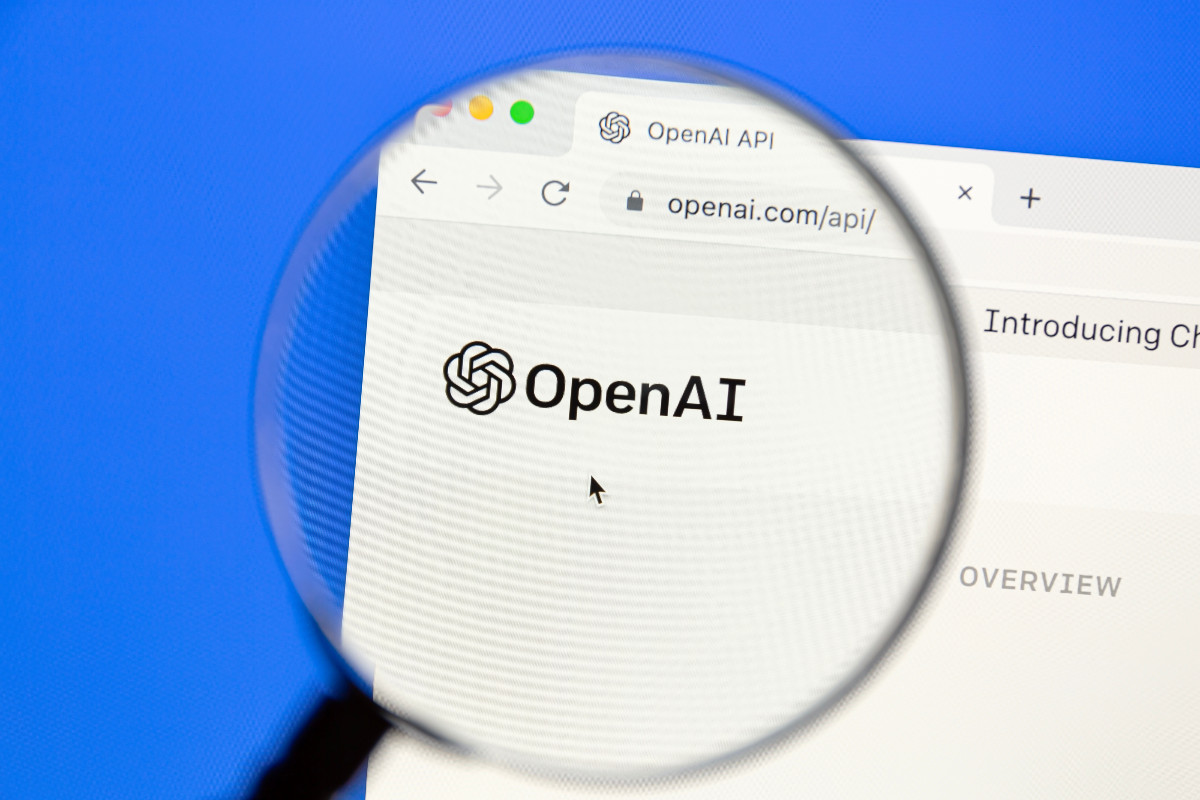OpenAI is bringing Stargate to the UK, alongside partners Nvidia and Nscale. The programme is designed to allow OpenAI’s models to run on local computing power for UK-specific needs, including critical public services, regulated finance, research, and national security partnerships.
Those within the data centre industry will likely know the Stargate name well, and no not just because of the hit TV show, but also because it’s the AI infrastructure investment plan announced by OpenAI and a range of partners in the US. That promised a potential $500 billion of investment to bolster AI infrastructure in the country, and included the likes of OpenAI, Microsoft, Oracle, SoftBank and Nvidia.
This time around, OpenAI has fewer partners, with Nscale arguably the key partner on the project, as it’s committing to expand its planned UK capacity to host Stargate UK across multiple sites. Locations are expected to include Cobalt Park, which will form part of the newly designated AI Growth Zone in the North East.
Of course, Nvidia will also be key to the project, as it will be providing access to its latest GPUs so that Stargate UK can benefit from the same AI hardware that will be installed as part of the American Stargate project. In the UK, however, OpenAI will explore offtake of up to 8,000 GPUs in Q1 2026, with the potential to scale to 31,000 over time. That pales in comparison to the up to 64,000 GPUs the Stargate US project committed to by 2026.
Sam Altman, CEO of OpenAI, commented, “The UK has been a longstanding pioneer of AI, and is now home to world-class researchers, millions of ChatGPT users, and a government that quickly recognized the potential of this technology. Stargate UK builds on this foundation to help accelerate scientific breakthroughs, improve productivity, and drive economic growth. This partnership reflects our shared vision that with the right infrastructure in place, AI can expand opportunity for people and businesses across the UK.”
Hardware is only half the task. OpenAI will also bring the OpenAI Academy – its AI literacy hub – to the UK to support the Government’s ambition to upskill 7.5 million workers by 2030. Working with local business leaders, the plan is to design flexible, customisable learning that broadens access to AI education, supports job creation and growth, and helps regions avoid falling behind due to adoption gaps.
Will Stargate UK suffer the same fate as its American counterpart?
While there’s a lot of promise around Stargate UK, there was a lot of promise for its American counterpart. While OpenAI and its partners touted up to $500 billion of spending – some within the industry questioned whether it’ll actually pan out, after all OpenAI’s expected revenue for 2025 sits at just $12 billion.
That’s why it wasn’t exactly surprising when it was reported that the Stargate project was targeting a more modest goal by the end of 2025 – a single data centre in Ohio. Hopefully, the smaller UK investment will make it more achievable and we’ll actually see results.
The data centre industry in the UK have met the investment from OpenAI, alongside the other American firms this week, including BlackRock, Google, and Microsoft, with positivity thus far – noting that the multi-billion dollar deals showcase the importance of the UK market. However, Allan Kaye, co-founder and Director of Vespertec, did warn that we need to be wary that UK businesses benefit from the investment and not just American firms.
He noted, “Any investment in the UK’s digital infrastructure is worth celebrating, but even those of us who champion AI must recognise that we need to proceed carefully.
“The positives are numerous: an unprecedented level of transatlantic AI collaboration, huge investment in UK tech, and the promise of future growth. It’s particularly great to see British organisations Nscale and techUK so heavily involved – but the majority of those named in these projects at present are US based. Amongst the promises of OpenAI’s Stargate and huge public sector projects being given to US hyperscalers, British businesses and policymakers must make sure that UK companies are benefitting as much as American companies.


